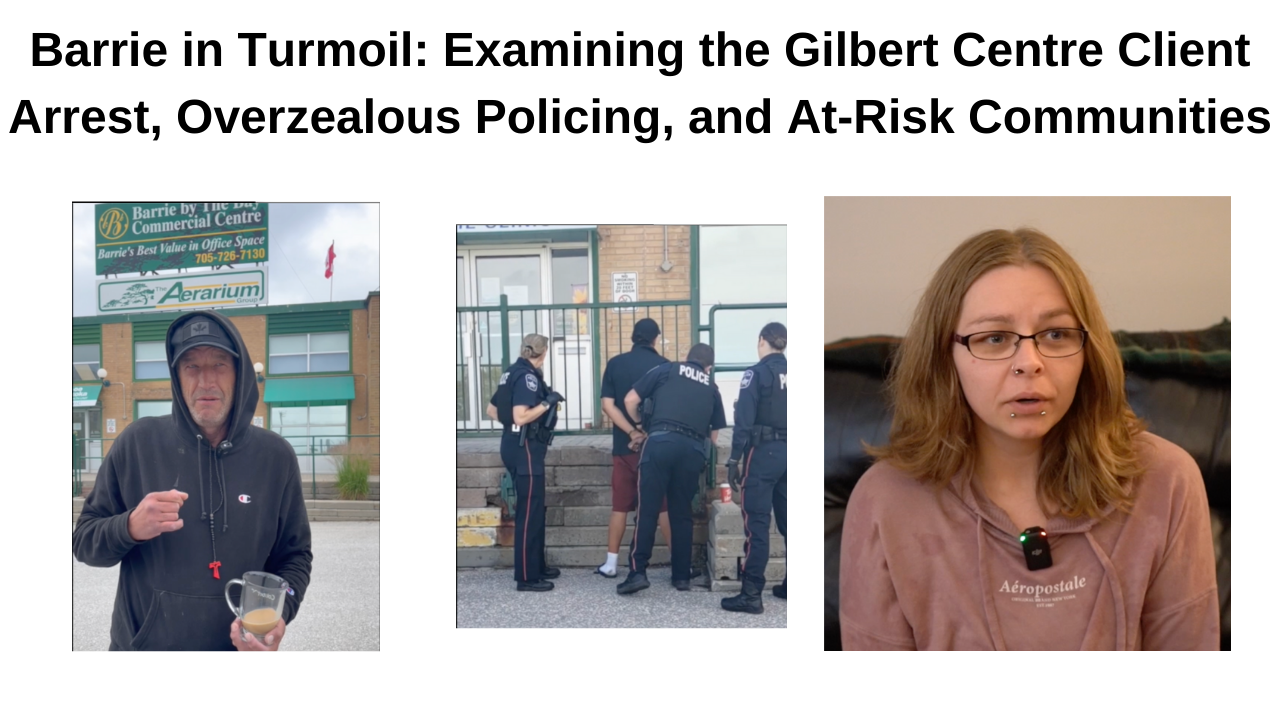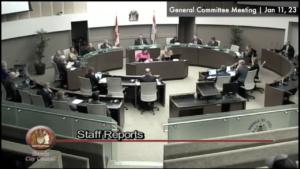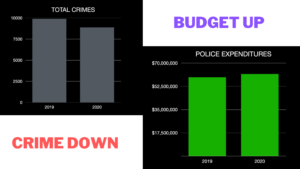On June 26, the Barrie police were summoned to evict a client of the Gilbert Centre from its commercial premises at 80 Bradford Street owned by the Aerarium Group.
To shed light on this situation, we talked to the affect individual and Sarah Tilley of the Centre. Full video link in the bio
The Gilbert Centre, a cornerstone of Barrie’s community service sector, is looking for a new location. As a crucial support network for individuals and families affected by HIV and those within the LGBTQ2s+ communities, it provides indispensable services to many.
Last month, Barrie City Council, facing severe public opposition, rescinded proposed laws banning donations to the homeless on public property. This backlash may have prompted the County of Simcoe and Barrie City to offer a contract for a seasonal cooling center for the city’s homeless population.
The Gilbert Centre has won the contract. However, its hunt for new location demonstrates the challenges faced by such critical community organizations.
The incident on June 26 further underscores the harsh realities faced by both essential services and individuals in need in Barrie. This occurrence emphasizes the increasingly challenging landscape they face exacerbated by vilification of the city’s most vulnerable residents.
We also reached out to the Barrie Police, the Aerarium Group, and GardaWorld – the on-site security service. Regrettably, all parties declined to provide specific commentary regarding the incident in question.
While avoiding details, the police clarified that private property owners maintain the right to issue trespass notices to individuals they don’t want on their premises for whatever reasons. Law enforcement can legally enforce such notices and remove trespassers from the property.
We also asked the police about available avenues for individuals who think they’ve encountered discrimination on commercial premises and unjustifiably targeted, especially where essential public services such as clinics are situated. This discrimination potentially obstructs their access to these critical services, which could prove lifesaving. The city lacks a system for discrimination complaints, spotlighting an unfair treatment system. The enforcement of the trespass act could unwittingly foster discrimination.
Ultimately, this incident underscores critical concerns about the availability of secure environments for those in need, the social organizations that assist them, and the workings of our law enforcement system.



